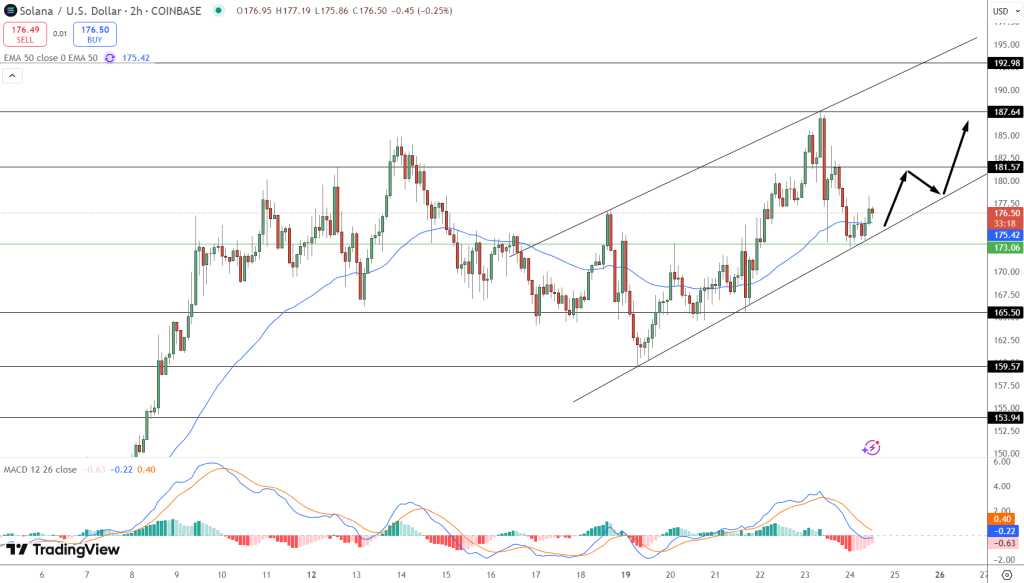Before the pandemic, if employees said they didn’t want to come to the office during the work week, most HR professionals wouldn’t have thought twice about saying “too bad.” But now, things are different. For many organizations, getting employees to give up remote work hasn’t been easy. CHROs have to juggle the pressures created by a tight labor market, preferences of leadership and logistical challenges of getting employees back from far-flung places.
There is tremendous pressure on HR leaders to balance direction from their bosses, boards and CEOs with the reality that employees forced back to in-person work could strike, protest or quit—leaving holes in the workforce that impact the business and stress human resources staff. This isn’t 2019 anymore, and plenty has changed.
However, one thing that hasn’t changed is the responsibility of human resources to abide by the Equal Employment Opportunity Commission.
Unless there is a collective bargaining agreement or an executive contract, employees are not legally entitled to a remote work arrangement, confirmed Keith Sonderling, EEOC commissioner; however, that doesn’t mean that no one is going to ask for one. Sonderling told a group of CHROs at HRE’s Strategy Summit this week to be aware of the potential for discriminatory accusations surrounding return-to-office mandates.
While there is not a federally protected right to work from home, there are some instances in which an employee might have a disability for which an accommodation must be made. “Disability discrimination is consistently the No. 1 charge of discrimination,” said the commissioner. “What that looks like is also significantly changing.”
Sonderling shared that there was an “explosion” of mental health disability discrimination claims filed with the EEOC in 2023, and he advised HR leaders that this trajectory will likely continue into 2024. Sonderling also anticipates that the requested accommodation will be a remote work arrangement in many instances. This creates the potential for mental health disability discrimination accusations.
For employers in the throes of adjusting to return-to-office policies, this concern could be particularly relevant. Some employees may report being unable to work outside of the home due to anxiety or PTSD that is aggravated by some condition of the workplace or commute to work, said the commissioner.
Related: Bersin to CHROs: You are driving the most important issues in your company
Sonderling reminded CHROs that working from home might not be the only suitable accommodation, however, and that employers have the right to request more details rather than automatically granting full remote-work access. The law states that if more than one accommodation would work, the employer may choose which to provide.
‘Stay informed and do the basics’
It is up to HR leaders to engage in full faith throughout the process to determine accommodations that also fit the needs of the business. Sonderling said that, unless it is the culture of the organization, every request for remote work doesn’t need to be automatically approved. It is the employer’s right to treat these claims in the same fashion as other accommodation requests. HR staff should engage in what they’ve “been taught to do” in terms of analysis or challenging the claim, according to Sonderling.
The commissioner does warn that managers should be trained on how to handle requests and accommodations to ensure they don’t miscommunicate with employees. HR staff should also adhere to set processes and appropriately maintain documentation so that, if an EEOC claim is filed, the organization is prepared to demonstrate that it did not act in a discriminatory manner.
Most importantly, he advised CHROs not to get distracted: “Be confident in what you do in your profession, stay informed and do the basics.” Despite the dynamics of current events, Sonderling said, most of the key principles of avoiding discrimination haven’t changed.
The HRE Strategy Summit is where strategic relationships are built, innovative solutions are discovered and critical discussions impacting the future of HR take place. Learn more about future summits.
Credit: Source link










